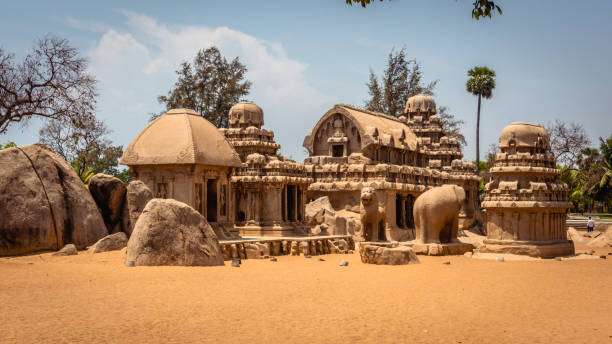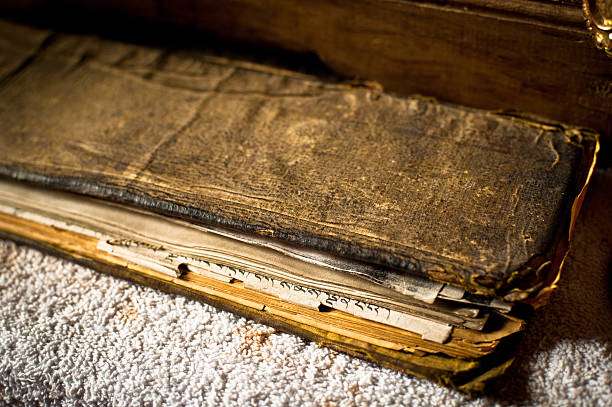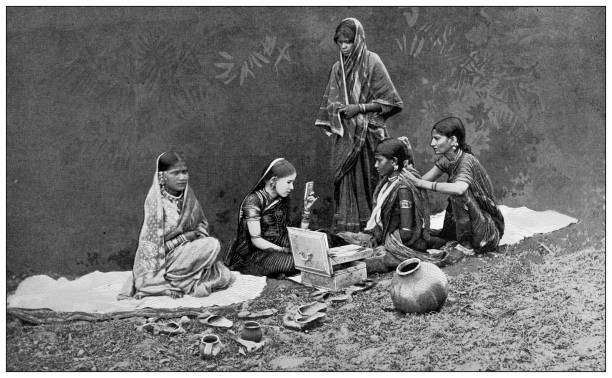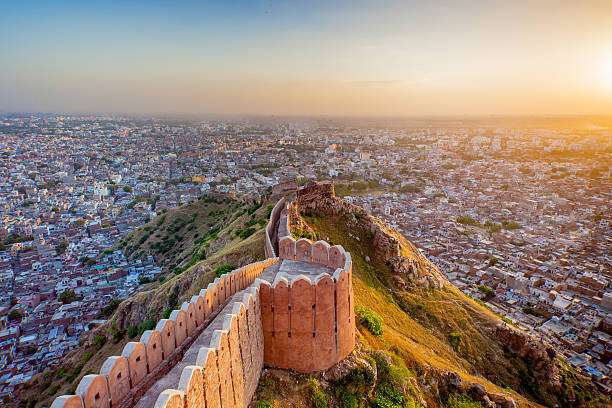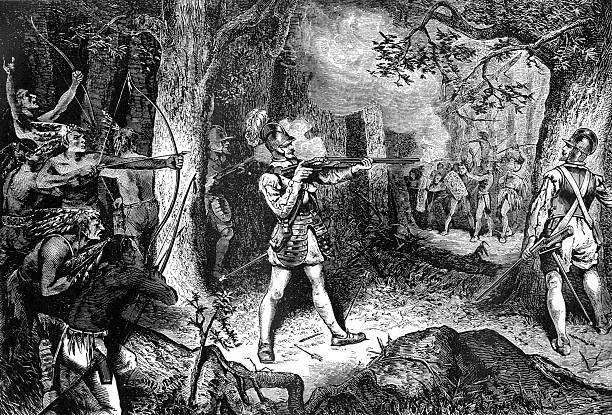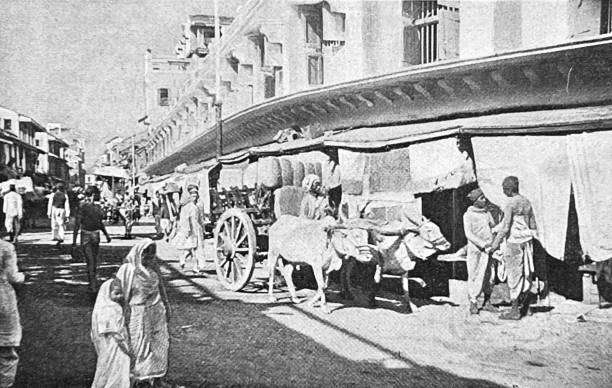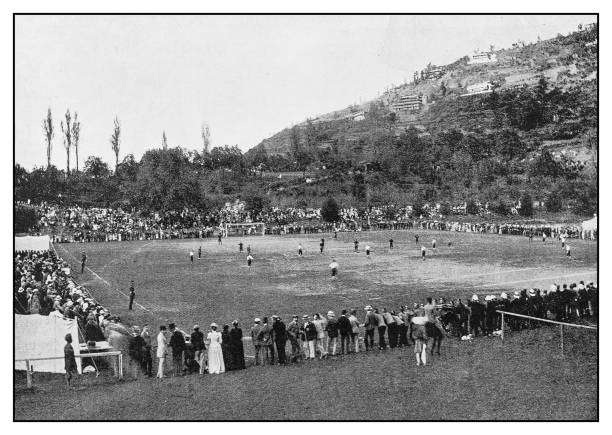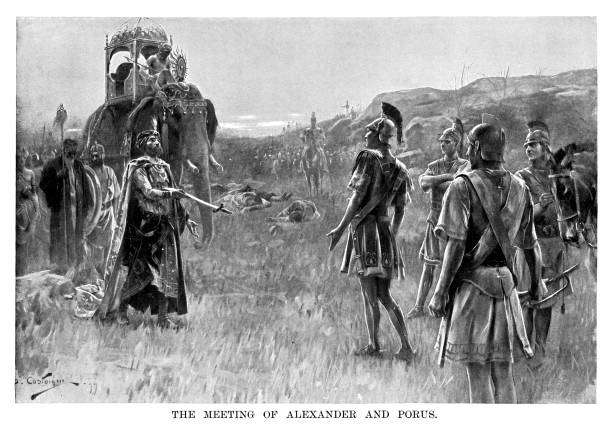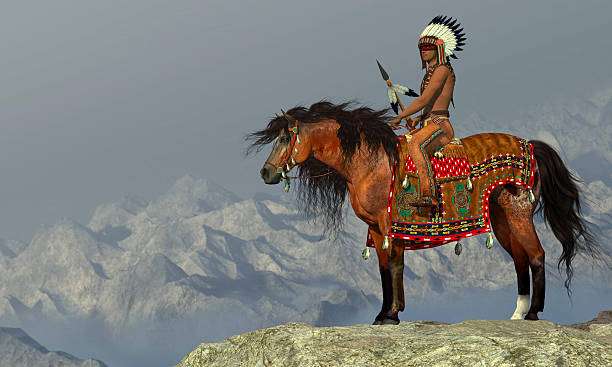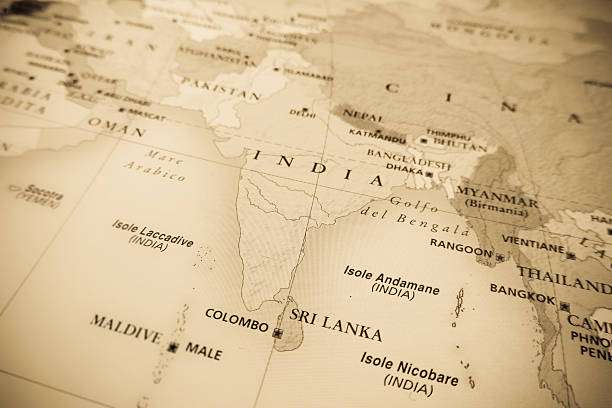Explore the Rich History of India - Discover its Importance
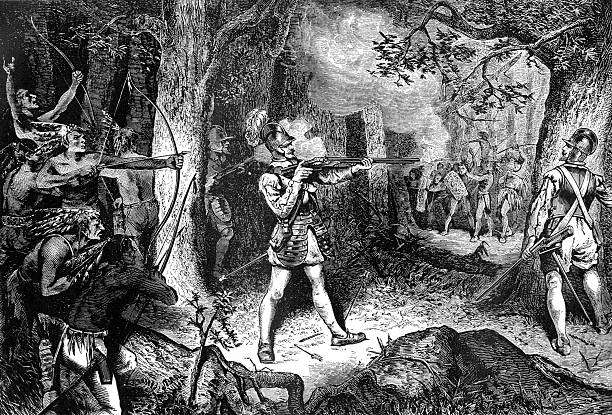
September 17, 2023
Welcome to a captivating exploration of India's incredible history! From the earliest recorded civilizations to its present-day democracy, India's journey has been one of immense diversity, religious pluralism, and socio-economic transformation. From the great Mughal Empire to the Indian Freedom Movement, India has made numerous contributions to the world. In this blog post, we'll discuss the importance of understanding Indian history, how it has shaped the world, and the many benefits of studying its past. We'll explore its cultural legacy, global influences, religious thought, colonial history, and social reform movements. Let's begin the journey together and gain vital insights into this vibrant culture and its amazing history.

Understand Indian History – Discover its Importance
Welcome to a journey through the incredible history of India. From ancient civilizations and empires to India's modern nation-state, discover the richness and diversity of India's culture, the impact of colonialism, religious pluralism, economic transformation, and the freedom struggle that led to independence. Take a closer look at the contributions of India to the world, from mathematics and astronomy to art and literature. Trace the paths of ancient trade networks and cultural diffusion. Learn of India's social reform movements and the pursuit of gender equality. Follow the political evolution of India from ancient republics to today's democracy. The history of India is a fascinating story of cultural continuities and innovations, and one that is still being written.
Explore India's rich cultural heritage by learning about its contributions to world civilization, understanding its religious pluralism, discovering the impact of its cultural diffusion and trade networks, and appreciating the continuity of its ancient cultural practices and innovations. Delve into the history of its freedom struggle, investigate the effects of its colonization, examine the social reform movements that led to greater gender equality, and gain an understanding of the partition of India and its modern geopolitics. Further, understands the economic transformation India has undergone throughout its history and the cultural exchanges that have occurred. Finally, confront the issue of caste-based discrimination that still plagues India today.
Title: Uncovering India's Rich Cultural Heritage: Ancient History and Modern Impacts
Exploring India’s rich cultural history is a journey into a land with thousands of years of traditions, innovations, and religious pluralism. From ancient empires to economic transformation, India has been a major player in the world’s cultural, political, and economic development. This blog post will explore India’s cultural richness and diversity, contributions to world civilization, understanding of religious pluralism, cultural diffusion, and trade networks, political evolution and governance, social reform movements, gender equality, the pursuit of social change, economic transformation, and cultural practices.
India, Ancient India, Empires, Indian Civilizations, Indian Religion, Indian Philosophy, Indian Culture, Indian Art, Indian Literature, Indian Mathematicians, Indian Astronomy, Indian Medicine, Indian Freedom Struggle, Indian Freedom Fighters, Colonialism in India, Partition of India, Indian Social Reform Movements, Medieval India, Modern India, Indian Geopolitics, Indian Economy, Diversity of India, World Civilization, Religious Pluralism, Cultural Diffusion, Trade Networks, Political Evolution, Governance, Social Reform Movements, Gender Equality, Pursuit of Social Change, Economic Transformation, Ancient Cultural Practices, Innovations, Textiles Industry, Caste-based Discrimination
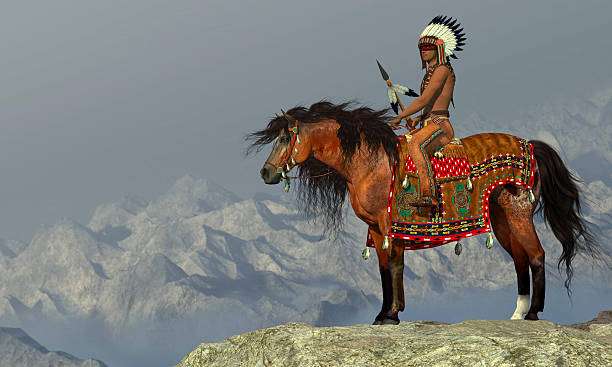
The history of India is nothing short of fascinating. Spanning centuries of culture, progress, and expansion, India has become a powerful and history-rich nation. From ancient times to modern, India’s evolution as a country is something that must be understood and appreciated.
In order to properly understand Indian history, one must first appreciate its cultural richness and diversity. India is home to many religions, languages, and traditions, and each has left its mark on the history of the nation. From Hinduism, Buddhism, Jainism, and Sikhism to the arts, literature, medicine, and mathematics, India has become a melting pot of culture and influence.
Another important aspect of Indian history to understand is the colonial legacy and independence struggle. The history of colonial rule and the Indian struggle for freedom is an important segment of the nation’s story, and its effects are still being felt today. Additionally, understanding the social reform movements that have taken place over the years, as well as the cultural diffusion and trade networks present, are essential parts of Indian history.
Indian history is also rife with economic transformation. From ancient times to the present day, India has been witness to drastic changes in its economy. From the rise of modern India to caste-based discrimination to the textile industry and beyond, India’s economy has seen many ups and downs.
In order to properly understand and appreciate Indian history, there are many aspects to consider. From its cultural richness and diversity to its religious pluralism and colonial legacy, India’s history is unique and important. Additionally, understanding its social reform movements, cultural diffusion and trade networks, political evolution and governance, and economic transformation are all essential parts of India’s history. By uncovering India’s rich cultural heritage and exploring the contributions of India to world civilization, one can come to better appreciate the nuances and complexities of this vast nation.
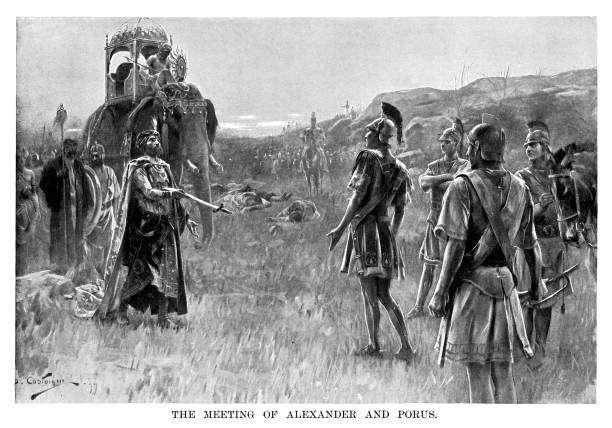
- India has the world’s second-largest population, with more than 1.2 billion people.
- India has the world’s second-longest continuous civilization.
- India has the world’s third-largest economy.
- India is the world’s largest democracy.
- India is the world’s largest Hindu-majority nation.
- India is one of the most religiously diverse countries in the world, with eight major world religions practiced.
- India is home to 22 major languages.
- India is home to the world’s oldest epic, The Ramayana.
- India was home to the world’s first university, Takshashila, which existed from 700 BCE to 400 CE.
- India is home to some of the world’s oldest religions, including Hinduism, Buddhism, Jainism, and Sikhism.
- India is the birthplace of two classical musical forms: Hindustani classical music and Carnatic classical music.
- India has the world’s second-largest road network, stretching over 5.4 million km.
- India is home to the world’s highest mountain range, the Himalayas.
- India has the world’s longest coastline, stretching 8,000 km.
- India has the world’s third-largest military, with over 1.4 million active personnel.
- India is the world’s largest importer of defense equipment.
- India is the world’s sixth-largest arms exporter.
- India is the world’s largest consumer of gold.
- India is one of the fastest-growing economies in the world.
- India is the world’s seventh-largest country by area, with over 3.3 million sq km.
Indian History Understand Indian history, appreciate cultural richness and diversity, and appreciate
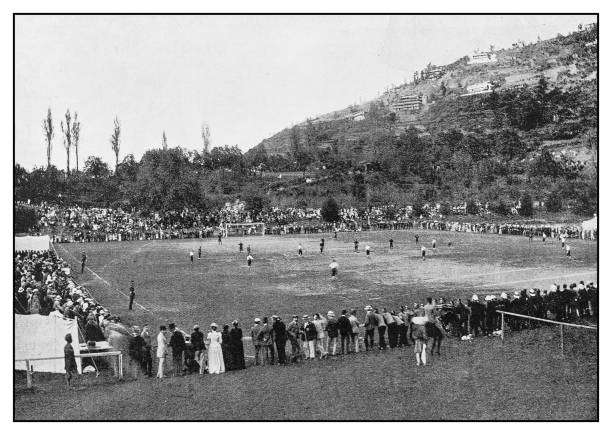
Understanding Indian history is essential for a comprehensive grasp of the world's cultural, political, and socio-economic dynamics. Here's why it's important:
Cultural Richness and Diversity: India boasts a diverse cultural heritage, shaped by numerous empires, dynasties, and religions. Studying Indian history allows us to appreciate the myriad traditions, languages, and artistic expressions that have flourished on the Indian subcontinent.
Contributions to World Civilization: India has made significant contributions to various fields including mathematics, astronomy, medicine, literature, and philosophy. Familiarity with Indian history enables a fuller appreciation of these global contributions.
Understanding Religious Pluralism: India is the birthplace of major world religions such as Hinduism, Buddhism, Jainism, and Sikhism. Learning about the history of these religions provides insights into their development, practices, and their influence on the global religious landscape.
Colonial Legacy and Independence Struggle: India's struggle for independence from British colonial rule was a pivotal moment in world history. Understanding this struggle and its leaders, like Mahatma Gandhi and Jawaharlal Nehru, is crucial for comprehending the broader narrative of anti-colonial movements.
Cultural Diffusion and Trade Networks: India has been a hub for cultural diffusion and trade for centuries. Its interactions with various civilizations, such as the Silk Road trade routes, have left a lasting impact on global commerce and cultural exchange.
Political Evolution and Governance: Indian history encompasses a wide range of political systems, from ancient republics to powerful empires. It offers valuable insights into the evolution of governance structures, administrative practices, and the roots of democratic ideals.
Social Reform Movements: India has a rich history of social reform movements that aim to challenge caste-based discrimination, promote gender equality, and advocate for social justice. Familiarity with these movements provides valuable lessons in the pursuit of social change.
Partition and Modern Geopolitics: The partition of India in 1947 and the subsequent formation of Pakistan had far-reaching consequences for South Asia and the broader world. Understanding this event and its aftermath is crucial for comprehending contemporary geopolitical dynamics.
Economic Transformation: India's history includes periods of economic prosperity as well as challenges. Studying its economic history sheds light on the factors that have shaped the country's current socio-economic landscape.
Cultural Continuities and Innovations: Indian history showcases both the endurance of ancient cultural practices and the adaptability to new ideas and technologies. It provides a lens through which we can observe the dynamic nature of culture and society.
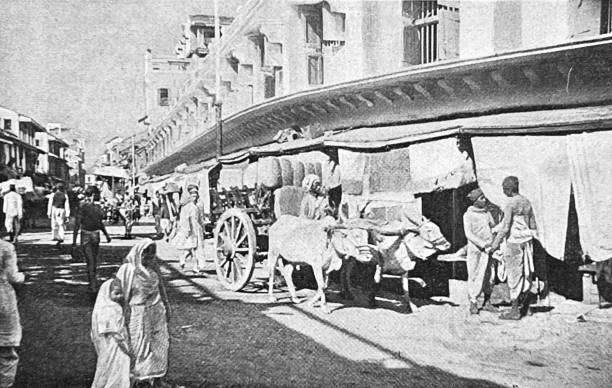
Impact on Global Art and Literature: Indian art, literature, and architecture have had a profound influence on global artistic traditions. Learning about Indian history allows us to appreciate the artistic achievements that continue to inspire creators worldwide.
By delving into Indian history, we not only gain a deeper understanding of one of the world's oldest and most culturally rich civilizations, but we also enrich our perspective on global history, geopolitics, and the shared human experience.
Title: Explore the Epic History of India
Sub-Heading: Uncover India’s Rich Cultural Heritage and Contribution to World Civilization
Short Description: Embark on an epic journey through time and explore the riches of Indian history. From understanding religious pluralism to appreciating cultural continuity and innovations, this comprehensive course offers a fascinating and enlightening look into India’s past.
Feature:
- -Delve into the depths of India’s ancient civilizations, empires, and religion.
- -Understand the colonial legacy and independence struggle.
- -Examine the cultural diffusion and trade networks of India.
- -Explore the social reform movements and economic transformation of India.
- -Appreciate the cultural continuities and innovations that have shaped India’s history.
Understanding Indian History - Benefits and Importance
The history of India is rich and complex. Spanning thousands of years, the legacy of India has shaped the cultural landscape of the entire world. From the Mughal Empire to the Indian Freedom Movement, from ancient mathematics to religious thought, India's impact on history is undeniable. By understanding India's history, we can gain invaluable insight into the country's present-day socio-economic state, its political system, its cultural legacy, and its relationships with the global community. In this blog post, we'll explore the benefits and importance of understanding Indian history, including cultural appreciation and diversity, global contributions and influences, understanding world religions, colonial legacy and independence struggles, socio-economic transformations, political evolutions and governance, and social reform movements. Read on to learn more about this incredible culture and its vibrant history.
The importance of Indian history is invaluable, from its cultural appreciation and diversity to its contributions and influence on the global stage. Indian history has provided us with a better understanding of colonialism and the independence struggle, as well as socio-economic transformation and political evolution and governance. It has also offered insights into social reform movements, partition and its modern geopolitics, cultural continuity and innovation, the impact of global art and literature, and economic relations and trade networks. In exploring the richness of India's cultural diversity, we uncover its global contributions and influence, as well as the roots of world religions in India. Furthermore, the struggle for independence and its legacy, radical socio-economic transformations, political evolution in India, and its implications, social reform movements and their associated impacts, partition and its modern geopolitics, cultural continuity and innovation, and the impact of global art, literature, and architecture all inspired by India's past offer further understanding.
Exploring the Richness of India’s Cultural Diversity
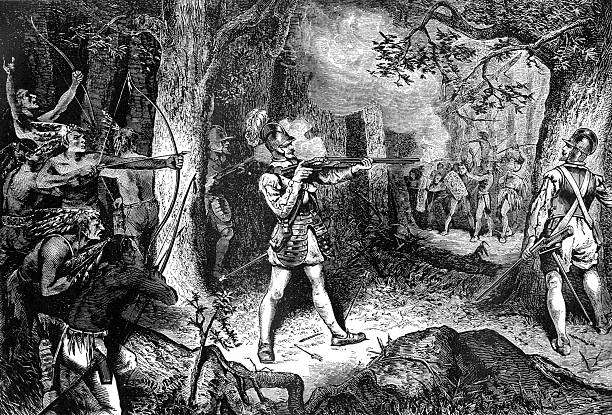
India has one of the longest and most diverse histories in the world. From ancient times to the present day, India has been home to a wide variety of cultures and religions, all of which have left their mark on the country’s history. From the ancient Indus Valley civilization to the modern
Indian Republic, India has been a major contributor to many aspects of human advancement, including literature, art, philosophy, medicine, astronomy, mathematics, and economics.
The benefits and importance of studying Indian history are manifold. Understanding and appreciating India’s cultural diversity is essential in order to make sense of the many different religions, languages, and customs that make up the country’s unique character. Additionally, exploring the history of India allows us to gain insight into how the country has shaped the development of global culture and politics.
For example, India’s ancient civilization has had a profound impact on the development of many world religions. Buddhism, Jainism, Sikhism, and Hinduism are all major religions that originated in India and have been practiced around the world for millennia. Additionally, the Indian Freedom Movement of the twentieth century is often seen as an inspiration to other countries in their own fight for independence and democracy.
India’s historical evolution also provides insight into the many ways in which Indian society has been transformed and modernized. From the Mughal Empire to the British Raj and the Indian Republic, India has gone through various social, economic, and political reforms that have dramatically changed the nation’s trajectory. Indian history can also provide valuable insight into the transformation of the Indian economy, social reform movements, and colonial legacy.
Cultural continuity and innovation have also been important aspects of Indian history. Indian art, literature, and architecture have been widely celebrated and admired around the world. Indian trade networks have been major players in the global economy for centuries. Indian mathematics, medicine, and astronomy have had a major impact on scientific and technological advancement throughout the world.
In sum, studying Indian history provides a wealth of insights into the unique culture, religions, and politics of India. Exploring the history of India can help to foster understanding and appreciation of the country’s diversity, and can also provide important knowledge about the country’s contributions to the global community. By understanding the roots of Indian society and culture, we can gain a better appreciation of the country’s history and its importance in the development of the world.
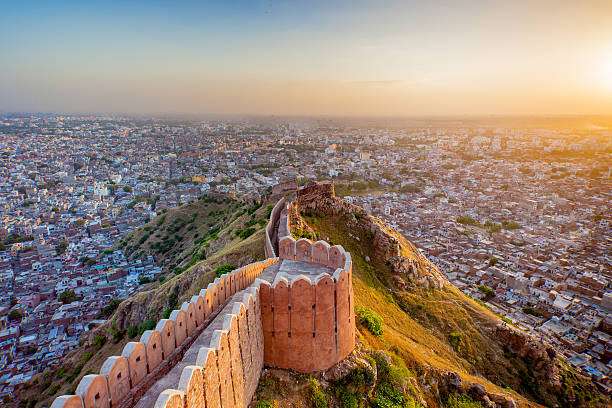
Indian History Benefits and Importance of Indian History: Cultural Appreciation and Diversity; Global Contributions and Influence; Understanding World Religions; Colonial Legacy and Independence Struggle; Socio-Economic Transformation; Political Evolution and Governance; Social Reform Movements; Partition and Modern Geopolitics; Cultural Continuity and Innovation; Impact on Global Art and Literature; Economic Relations and Trade Networks; Ancient Indian History; Indian History Timeline; Indian History and Culture; Understanding Indian Politics; Indian Social Movements; Indian Religion History; Indian Independence Movement; Indian Colonialism; Indian Trade Networks; Hinduism and Indian History; Ancient India Civilizations; Indian Civilization and Culture.
Exploring the Richness of India’s Cultural Diversity, India’s Global Contributions and Influence: A Historical Perspective, Uncovering the Roots of World Religions in India, The Struggle for Independence and its Legacy, India’s Radical Socio-Economic Transformations, Political Evolution in India and its Implications, Social Reform Movements in India and their Impact, Partition and its Impact on Modern Geopolitics, Cultural Continuity and Innovation in Indian History, Global Art, Literature, and Architecture Inspired by India’s Past
India’s written history can be traced back to the Indus Valley Civilization (of 3300-1300 BCE).
Ancient Indian literature dates back to Rig Veda, the oldest known Sanskrit work, composed around 1500 BC.
India was under Mughal rule from 1526 to 1858 when the British supplanted them.
India gained its independence from the British in 1947, following a 352-year colonial rule.
The legacy of British rule is still visible in the Indian political system, legal code, and educational system.
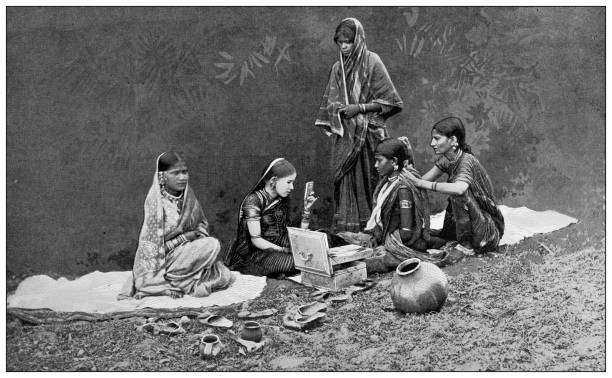
Hinduism is the largest religion in India, but there are also several other religions, such as Buddhism, Jainism, Sikhism, and Islam, which have left their mark on Indian history.
Ancient Indian mathematicians developed mathematical concepts such as the pinaka (place value system) and the sutra (algebraic equations).
Ancient Indian astronomers developed the concept of a spherical earth and the principles of trigonometry to accurately measure the earth’s circumference.
Indian medical texts, such as Charaka Samhita and Ayurveda, date back to 800 BCE and are widely studied today.
Ancient Indian literature includes the Mahabharata and Ramayana, two great Sanskrit epics.
Ancient Indian art includes the rock-cut architecture of the 5th century BCE Buddhist monuments at Ajanta, paintings at Ellora, and the sculptures of Khajuraho.
India had one of the most advanced trade networks in the ancient world, with large-scale trade of goods and services taking place across the subcontinent.
Buddist monk and scholar Ashoka was a powerful ruler in India in the 3rd century BCE and is credited with founding and promoting the principles of dharma and non-violence.
Raja Ram Mohan Roy was a pioneer of the 19th-century Indian social reform movement that sought to eliminate social evils such as sati, child marriage, and widow remarriage.
Mahatma Gandhi is widely credited with leading India’s successful independence movement and is a revered figure in India’s history.
The partition of India and Pakistan in 1947 led to the largest mass migration in human history, with over 14 million people displaced across the two countries.
India has the second largest population in the world, with over 1.3 billion inhabitants.
The Indian economy is the fastest growing in the world, clocking an annual economic growth rate of over 7%.
India is the world’s largest democracy with a vibrant multi-party system of governance.
India is home to the world’s largest film industry, producing over 1,000 movies each year.
Understanding Indian history is of paramount importance for a variety of reasons, as it encompasses a rich tapestry of cultural, social, political, and economic developments over millennia. Here are the benefits and importance of understanding Indian history:
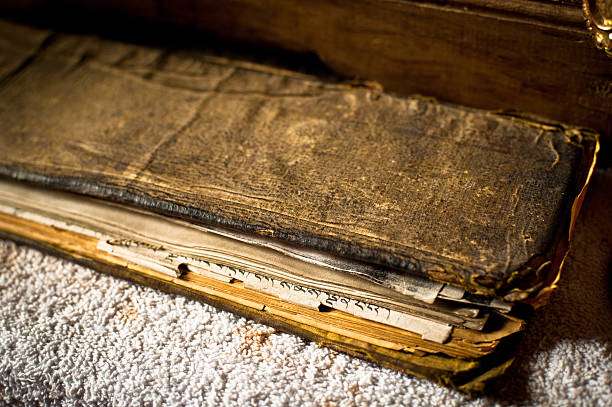
Cultural Appreciation and Diversity: India is home to a multitude of diverse cultures, languages, traditions, and religions. Exploring its history helps in appreciating the depth and richness of this cultural mosaic.
Global Contributions and Influence: India has made significant contributions to various fields including mathematics, astronomy, medicine, literature, philosophy, and more. Understanding Indian history allows us to appreciate its global influence.
Understanding World Religions: India gave birth to several major world religions, including Hinduism, Buddhism, Jainism, and Sikhism. Understanding the historical development of these religions provides crucial insights into their practices, beliefs, and influence.
Colonial Legacy and Independence Struggle: Learning about India's struggle for independence from British colonial rule is crucial for understanding the broader narrative of anti-colonial movements, and it has shaped global perspectives on self-determination and decolonization.
Socio-Economic Transformation: India has witnessed diverse economic and social systems throughout its history. Studying these transformations helps in understanding the roots of current socio-economic conditions and challenges.
Political Evolution and Governance: India's history encompasses various forms of governance, from ancient republics to powerful empires. It provides valuable insights into the evolution of governance structures and administrative practices.
Social Reform Movements: India has a rich history of social reform movements that have challenged societal norms and advocated for social justice. Familiarity with these movements is essential for comprehending the dynamics of social change.
Partition and Modern Geopolitics: The partition of India in 1947 had significant ramifications for South Asia and the world. Understanding this event is crucial for comprehending contemporary geopolitics, particularly in the Indian subcontinent.
Cultural Continuity and Innovation: Indian history showcases both the endurance of ancient cultural practices and the ability to adapt to new ideas and technologies. This offers a lens through which we can observe cultural resilience and evolution.
Impact on Global Art and Literature: Indian art, literature, and architecture have profoundly influenced global artistic traditions. Learning about Indian history allows us to appreciate these artistic achievements and their enduring impact.
Economic Relations and Trade Networks: India has a history of extensive trade networks, including the famed Silk Road. Understanding these historical economic ties provides insights into the roots of global commerce.
Environmental Awareness: Indian history also contains lessons about sustainable living and environmental conservation. Ancient Indian civilizations were often deeply connected to nature, and these practices can provide insights into contemporary environmental challenges.
By delving into Indian history, we not only gain a deeper understanding of one of the world's oldest and most culturally rich civilizations, but we also enrich our perspective on global history, geopolitics, and the shared human experience. It serves as a bridge between the past and present, offering lessons and insights that remain relevant in today's world.
Title: Indian History: A Journey Through Time
Subheading: Unlocking the Mysteries of India’s Ancient Culture
Short Description: Get a comprehensive view of India’s rich history and unlock the mysteries of its ancient culture. From the timeline to societal structures to literature and art, this course immerses you in the culture, religions, politics, and economics of Indian history.
Features:
- Explore the timeline of Indian history, from ancient times to the present day.
- Discover the cultural and religious diversity of India, from Hinduism to the Indian colonial legacy.
- Understand the independence struggle and the effects of British rule on Indian society.
- Unveil the social and economic transformations of India through the different ages.
- Learn about Indian art, literature, architecture, trade networks, and more.
Summary
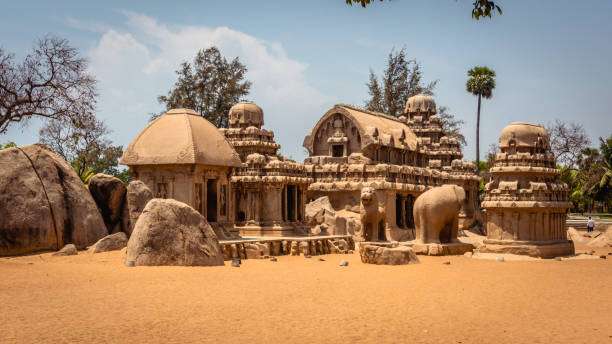
- India has a rich and diverse history spanning from ancient civilizations to modern democracy
- Understanding Indian history is important for shaping the world and gaining benefits
- The blog post explores cultural legacy, global influences, religious thought, colonial history, and social reform movements
- Indian history includes contributions to world civilization, religious pluralism, cultural diffusion, trade networks, political evolution, gender equality, and economic transformation
- India is home to many religions, languages, and traditions, including Hinduism, Buddhism, Jainism, and Sikhism
- Caste-based discrimination still exists in India today, which needs to be addressed
- Economic transformation, cultural diversity, and the pursuit of social change are important aspects of Indian history that need to be understood and appreciated.
FAQS
Q1. What are the benefits of understanding Indian History?
A1. Understanding Indian History provides valuable insight into the country’s present-day socio-economic state, its political system, its cultural legacy, and its relationships with the global community. It can also provide appreciation and understanding of Indian culture, global contributions and influences, religions, colonial legacy, independence struggles, socio-economic transformations, political evolutions and governance, and social reform movements.
Q2. How long has Indian History been around?
A2. Indian History has been around for thousands of years. From ancient civilizations and empires to India's modern nation-state, the legacy of India has impacted the cultural landscape of the entire world.
Q3. What are the most important aspects of Indian History?
A3. The most important aspects of Indian History include understanding India's culture, global contributions and influences, religious pluralism, colonial legacy and independence struggles, socio-economic transformations, political evolutions and governance, and social reform movements.
Q4. What are some of India's contributions to the world?
A4. India has made a range of contributions to the world, such as in mathematics and astronomy, art and literature, trade networks and cultural diffusion, and social reform movements.
Q5. How has India’s political system evolved over time?
A5. India has gone from an ancient republic to a modern democracy. The country has seen many changes over the centuries, from the Mughal Empire to the Indian Freedom Movement, to further reforms today.
